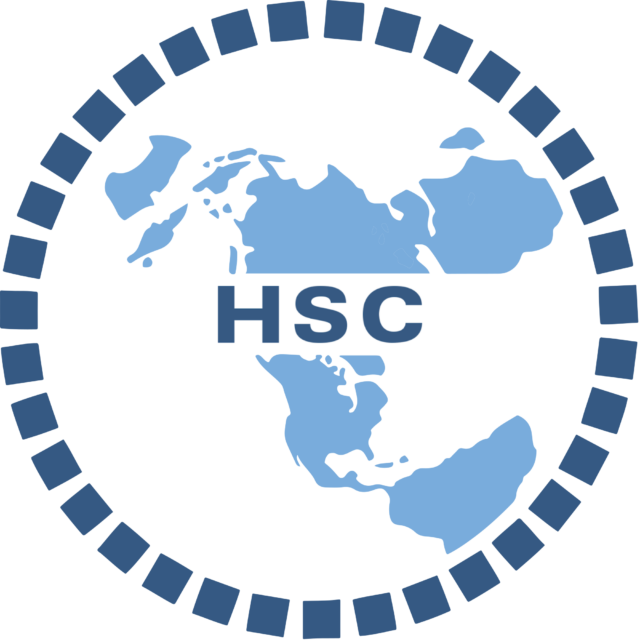Committee Overview
The United Nations Security Council (UNSC) was established in 1945 via the establishment of the UN Charter at the end of World War II. As one of the United Nations’s six principal organs, the Security Council is unique among the committees offered at NHSMUN in its membership, scope, and power. The UN Security Council has 15 member states. Five are permanent members: China, France, Russia, the United Kingdom, and the United States. In 1962, there were only six other non-permanent members—a number that would not be expanded to 10 until 1965. To preserve the authenticity of our simulation, we will only feature six non-permanent members, who will be joined by four observer states directly related to each topic that will not be able to vote on resolutions. The UNSC has a unique, preventive, and reactionary role in the UN. It is meant to respond to international crises and maintain international peace. In response to such crises, the Council can mandate decisive actions such as peace talks, mediations, negotiations, and meetings. Additionally, according to Chapter VII of the United Nations Charter, the Council can approve the use of force if there is no other way to maintain international peace. The Security Council can also deploy UN peacekeeping operations and impose sanctions on states.
Topic A: The Situation in the State of Katanga (1962)
In July 1960, the province of Katanga in the Republic of the Congo declared independence. The creation of the State of Katanga led to the deployment of Belgian soldiers. This deployment was against international law. As a result, the Prime Minister of the Republic of the Congo asked for help from the United Nations Security Council (UNSC). Following a special session of the council, the UNSC adopted Resolution 143. This resolution led to the deployment of a multinational force known as the United Nations Operation in the Congo (ONUC). In the following two years, the ONUC has made progress toward defeating the independence movement. Several UN operations have been able to push Katanga to enter negotiations. It is now December 17, 1962. The UNSC has learned that the Katangese independence movement does not intend on following Secretary-General U Thant’s Plan for National Reconciliation. The council must now decide on its next steps. Delegates can choose to abide by the principles of the UN Charter and attempt to negotiate a peaceful resolution. Alternatively, delegates could further empower ONUC to take more aggressive actions to resolve the conflict.
Topic B: The Question of Territories Under Portuguese Administration (1962)
Following the Second World War, former colonies in Africa and Asia were granted independence and underwent nation-building. However, not all colonial states became independent in a peaceful way. Violent independence movements have begun to emerge. In Angola, an independence insurgency was crushed in late 1961 by the Portuguese government. This led to tens of thousands of Angolan civilians being removed from their homes. Portuguese soldiers were also involved in multiple war crimes against Angolan fighters. This pattern of ruthless colonial control has also happened in Portuguese Guinea. In 1959, the Portuguese government killed at least 50 civilians after breaking up a dockworker strike. As a result, the African Party for the Independence of Guinea and Cape Verde (PAIGC) has begun to carry out attacks against Portuguese government offices. The date is December 17, 1962 and tensions between the PAIGC and Portuguese colonial government are at a breaking point. The council must now decide if Portugal should continue its management of its colonial territories or intervene to prevent yet another conflict.

